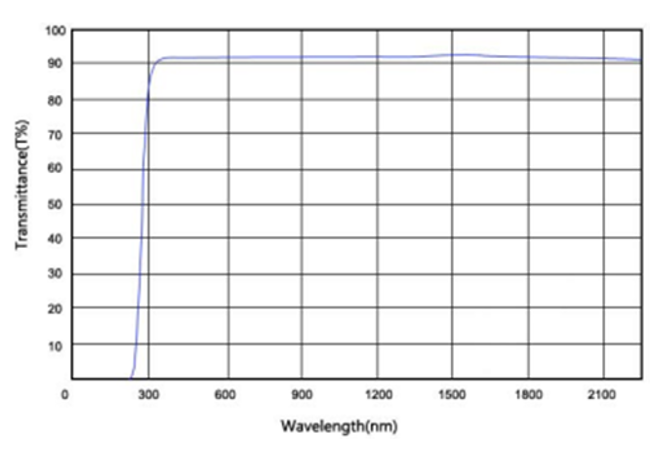Optical glass Meniscus Lenses
Optical glass used in a variety of visible and short-wave infrared applications, and its advantages over other similar glasses are mainly reflected in the following aspects: high performance, low cost, good material consistency, high homogeneity of refractive index, low stress birefringence, low bubbles and streakiness.
Optical glass meniscus lens is convex on one side and concave on the other. It can be a converging lens or a diverging lens, determined by a combination of refractive index, curvature and radius. It’s been widely applied for visible and short-wave infrared applications, such as optical systems for beam expansion, image formation, beam collimation, focus collimation, beam collimation point source, and other applications.
Our Company can provide optical glass meniscus Lenses with diameters from 2-300mm and thicknesses from 0.12-60mm (accuracy up to 20-10, 1/10L@633nm),coating AR, BBAR, AF or upon request.
Technical parameters of optical glass Meniscus Lens
Diameter | 2-300mm |
Focal length | 15-5000mm |
Thicknesses | 0.12-60mm |
Dimension tolerance | +0/-0.1mm |
Thickness tolerance | ±0.1mm |
Surface quality (scratch & dig) | 60-40, 40-20, or better |
Surface accuracy | λ/2, λ/4 or better |
Parallelism | 3' ,30'' |
Bevel | 0.1~0.3mm x 45 degree |
Clear aperture | >85%,>90% |
Coating | AR coating or cutom |
Material properties of optical glass
Optical Properties | |
Transmission Range | 0.35-2μm |
Refractive index | 1.5168@587.5618nm |
3×10-2@10.6μm | |
Reflection loss | 8.1%@587.5618nm |
Physical Properties | |
Density[g/cm3] | 2.51 |
Melting Point[℃] | 559 |
Thermal Conductivity[W/(m•deg C)] | 1.114 |
Thermal Expansion[deg C-1for -30/+70 degC] | 7.1*10-6 |
Specific Heat Capacity[J/(kg•deg C)] | 0.858*103 |
Young's Modulus(E)[GPa] | 82 |
Bulk modulus(K)[GPa] | 34 |
Poisson Coefficient | 0.206 |
Chemical Properties | |
Solubility / g/L | None |
Transmission curve
Optical glass is widely used in a variety of visible and short-wave infrared applications.
